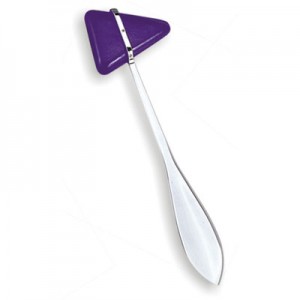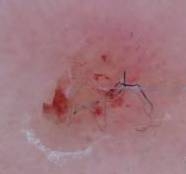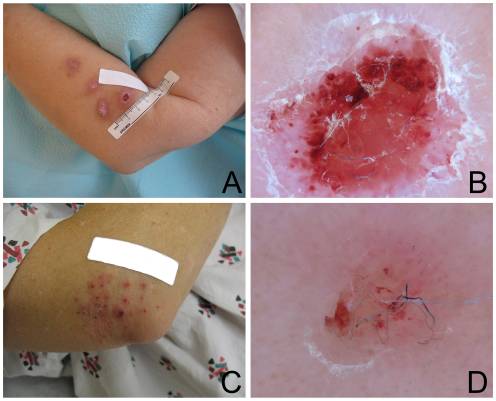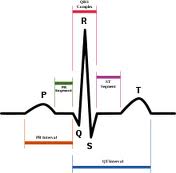
A Neurology Attending's Perspective: From an interview with a neurology attending at the University of Michigan, in Ann Arbor
Part of an interview series entitled, "Specialty Spotlights", which asks medical students' most burning questions to physicians of every specialty. See what doctors from every specialty had to say about why they chose their specialty and how to match in their residency.
-
What attracted you to neurology?
The subject matter was, and still remains, the most interesting part of medicine to me. I love figuring out where the problem is—the “localize the lesion” question that is the heart of neurology. But perhaps the most important is that I enjoy the day-to-day interactions with patients: the types of questions they have, the exams I have to do, the problems we have to deal with… I saw what it was like in med school, and realized this was my favorite by far.
-
Describe a neurologist's typical work day?
A clinic day is 8-5, with fairly long visits for each patient. I get 30 minutes for a follow up and 60 for a new. Most of the visit is getting the history. In the hospital (teaching hospital with residents), rounds are usually mid-morning, consults in the afternoon.
-
What type of lifestyle can a neurologist expect?
There are a few neurological emergencies, which are uncommon but usually end up going to an ICU right away. You can pick a subspecialty that has minimal emergencies. Most private jobs I see have call q 4-6. However, call is usually from home, answering questions. The biggest determinant of lifestyle is reimbursement. If you have a billable procedure like EMG, botox, EEG, sleep studies, you can pay your salary quite easily and have a very relaxed schedule—probably 50 hours a week at most. Without a procedure, much more time is necessary, as the visits can last a long time so you may have long clinic hours. 60 hours or so. Call may be q4-6 but I rarely see attending neurologists in the hospital after 9 PM or before 7 AM. Usually call is handled from home.
-
What is the potential salary of a neurologist?
A private neurologist will start at about $200-250K. They will need some procedure (EEG, EMG, sleep studies, botox, etc) to be able to maintain that without a terrible clinic schedule.
-
What is the job market like for neurology?
I get advertisements for neurology positions all over the country, all the time.
-
What are the potential downsides of neurology that students should be aware of?
Seeing patients in clinic takes longer than most specialties but bills the same, which can hurt the reimbursement a lot. Most neurologists need some sub-specialty training to get a procedure like EMG or EEG. In a private hospital, you stand the risk of being consulted on every mental status change, which is rarely neurologic. They are easy consults, but could make call very annoying. Most neurologists just tell the consulting team to get a bunch of tests that night and then see the patient in the AM.
-
Every specialty has a reputation, how do you respond to the reputation of neurologists?
There are two. The first reputation is that neuro cannot fix anything, only diagnose it. This is now an archaic idea, since we now can treat almost every disease to some degree: we have acute stroke treatments (tPA), many MS treatments, and neurological diseases are one of the top areas of drug research in all companies. The second is a reverse reputation (one that we notice ourselves about other physicians): most physicians are terrified of Neurology, and would often much rather consult us than do a neuro exam. This is a shame, and leads to some disappointing situations. But it also generates a bit of an “outsider” image between us and all other specialties, somewhat similar to the disconnection between medicine and surgery.
-
What else would you tell medical students who are considering neurology?
If you like figuring out problems like a medical detective, and if you are a very observant person who likes little details,neurology should be at the top of your list.
Editor's Note: For more help choosing a specialty in medicine, I highly recommend one or both of these two great books. I found both very useful.
















 My name is Andrew and I am a first year resident training to be an ophthalmologist. I created ShortWhiteCoats to provide medical students, residents, and the public with all the information I spent so many hours looking for during medical school.
My name is Andrew and I am a first year resident training to be an ophthalmologist. I created ShortWhiteCoats to provide medical students, residents, and the public with all the information I spent so many hours looking for during medical school.







